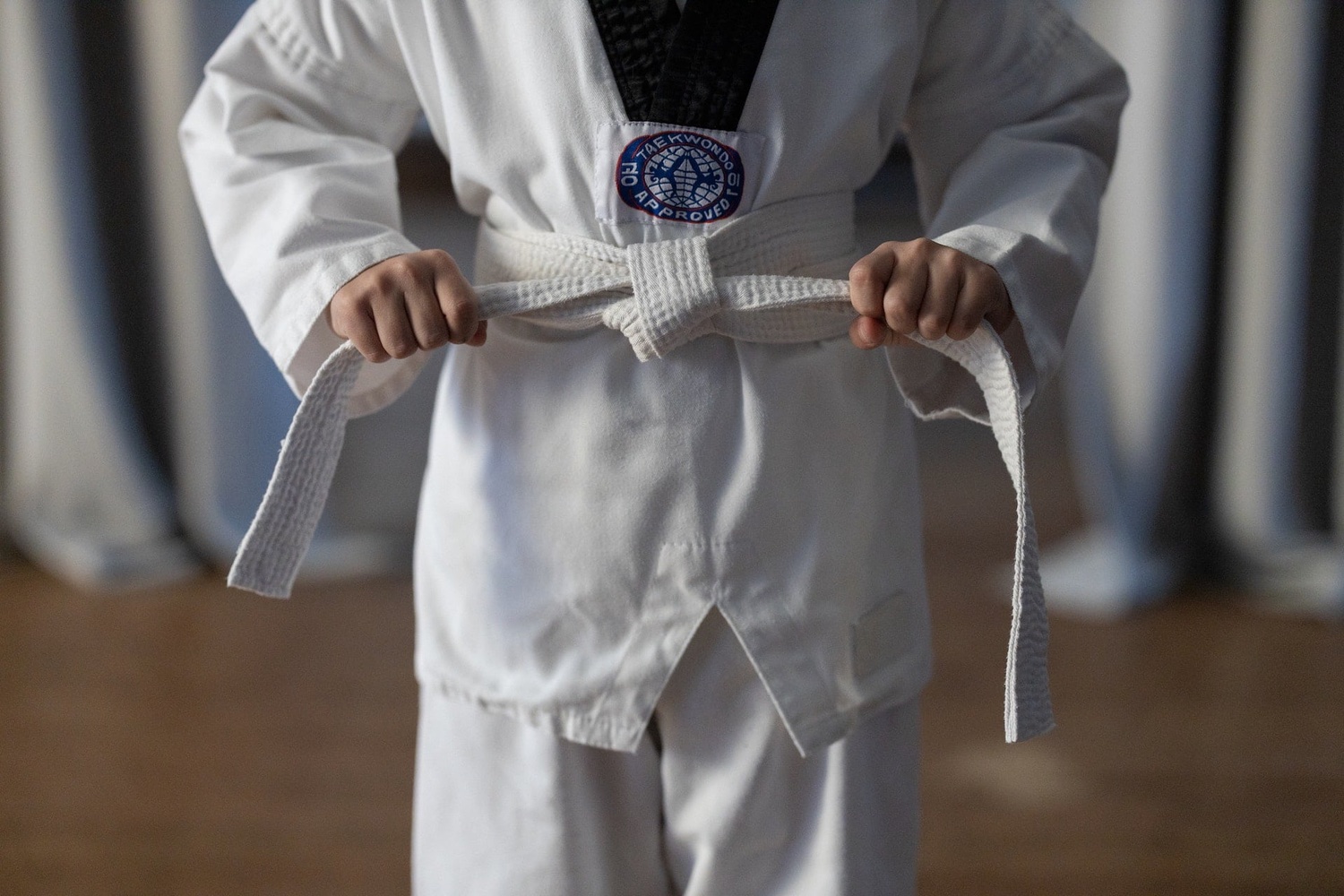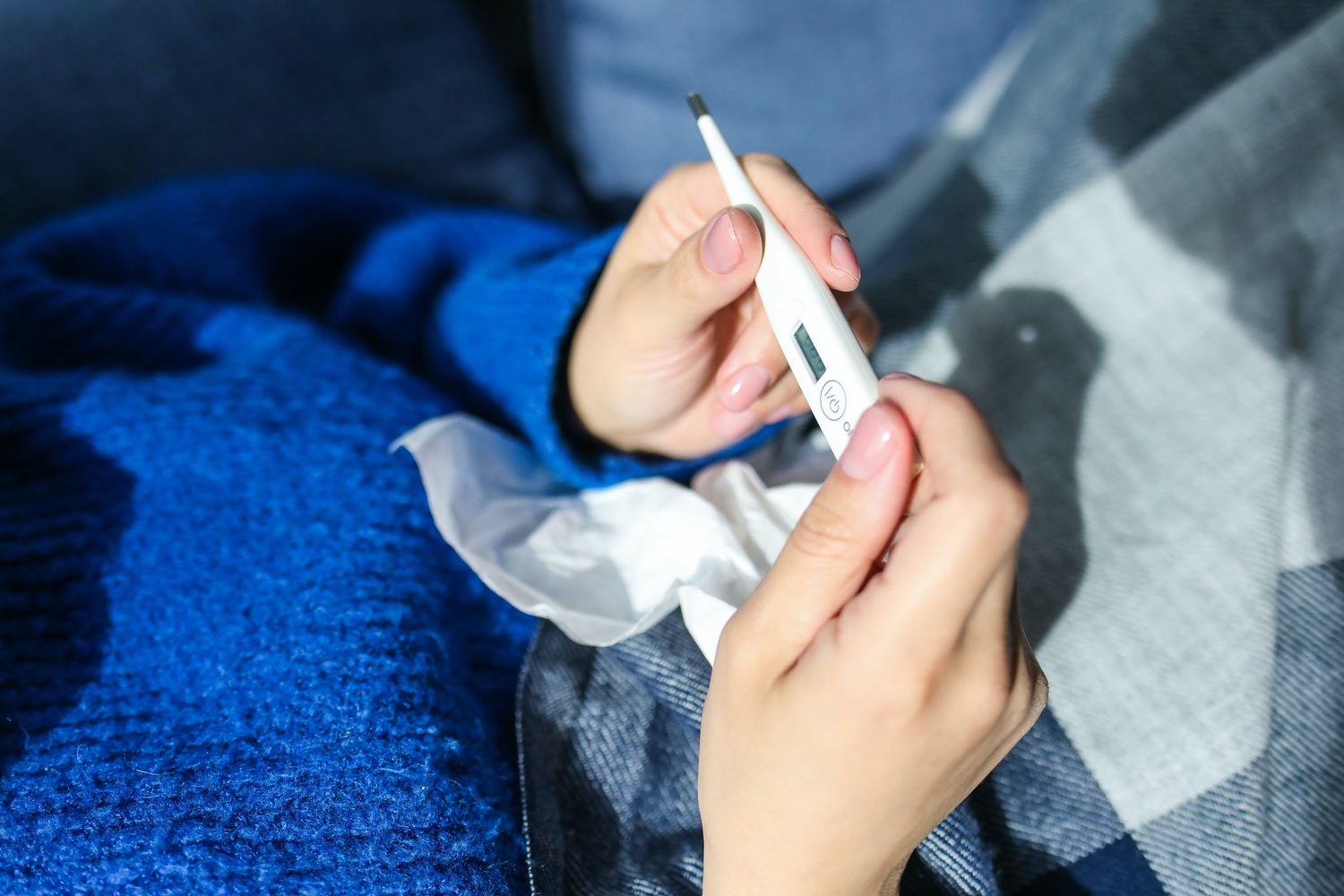Martial arts may seem a risky idea, but here’s why you should practice martial arts with diabetes.
Karate, judo, kung-fu, boxing, taekwondo… These are just some of the martial arts that can be practiced nowadays. Some of them, such as judo, taekwondo or boxing, have also been practiced throughout their history in the Olympic Games. If you want to start getting into this world but you have diabetes and you don’t know how it can affect you, this article on how to do martial arts with diabetes is definitely for you.
Can you do martial arts with diabetes?

Of course you can! It is recommended that people with diabetes get at least 150 minutes of varied physical activity per week. So whatever kind of sport you want to do, it is important to remember that diabetes does not prevent you from doing it. In addition, practicing sports, whether you have diabetes or not, has many benefits such as burning unnecessary fat, strengthening muscles, preventing cardiovascular diseases or working on endurance.
To be able to do martial arts with diabetes you will have to start by having better control over your blood glucose levels to know how they behave in response to physical activity. Also, checking your progress will help you see how your levels are improving as you do sport. For this, you can lean on assistants such as Cori, which will provide you with very visual weekly reports and remind you to check your blood glucose.

Become a diabadass!
Join our weekly newsletter and learn
all the tips and tricks.
People with diabetes are especially vulnerable to the dangers of colds and the flu, but there are things you can do to control your symptoms and avoid getting sick in the first place. You may maintain your health even when you’re feeling under the weather by constantly monitoring your blood sugar levels, staying hydrated, getting enough of rest, and adhering to your diabetes management plan. Additionally, you may lower your risk of getting sick and safeguard yourself from any problems by maintaining proper cleanliness, being vaccinated, and generally maintaining good health. Make sure to discuss any worries you may have with your healthcare team for advice and support if you have diabetes and are worried about managing colds and the flu.
But, as mentioned above, doing sports with diabetes is not a handicap. Proof of this is the boxer Muhammad Ali, who was diagnosed with diabetes at the age of 5 and who, after much effort, managed to get his boxing license in the UK, a place where if you had type 1 or 2 diabetes, it was not given to you.
Martial arts are an excellent option to keep your mind, body and spirit balanced. Some of the skills that these disciplines reinforce are patience, concentration, discipline and respect. Also, there are a wide variety of martial arts to choose from.
Tips for Practicing Martial Arts with Diabetes

If you want to start practicing martial arts but don’t want to die trying, here are some tips that may help you.
Choose the martial art that best suits you
Martial arts have a wide range of options that may have elements in common, but are very different from each other. That is why it is very important that before you start always keep in mind what you like and what you want to do and get information to choose the right one for you.
Choose your training location correctly to do martial arts with diabetes
Whether for schedules or instructors, choosing a training place that suits you and that you like is essential if you don’t want to quit soon after starting. Find out about all the options in your area and choose the one that best suits your needs.
Always keep your diabetes in mind
It is vital that your doctor knows your situation so that he/she can adjust your medications and diet to the activity you are going to do. In addition, testing yourself before, during and after workouts will always be essential to be able to practice martial arts with diabetes safely. That”s why you can”t let your diabetes management go to one side.
Let your coach and team know
Knowing that your teammates and instructor will know how to react to possible complications will make you train much calmer and safer. Also, this will allow you to slow down in the middle of your workout if you have to stop for a meal or stop your workout if you feel unwell.
Trust your learning rhythm
Martial arts is a kind of sport that has nothing to do with others, therefore, you will have to trust your instructor and your own pace of learning to be able to progress.
How can I protect my sensor while training?

If you are concerned about protecting your sensor, there are hundreds of options on the market today that will help you keep it in place and prevent it from coming off.
- Fixatives: These products are applied before putting on the sensor and improve its adherence to the skin. You can find them in spray or liquid form.
- External sprays: If you already have the sensor on, you can apply an external spray that will create a protective film on top of the sensor.
- Adhesive tapes: Since these are contact sports, it may be safest to cover the sensor area. For this purpose, you have all kinds of adhesive tapes: hypoallergenic adhesive tape, bandages, adhesive bandages…
- Combine them as you like: If you prefer prevention to cure and you want to have extra security, try combining the options as you like!
If you liked this article about martial arts with diabetes and want to know more about how to do sports with diabetes, you can’t miss the blog or our social media: Instagram, Twitter, Facebook or LinkedIn.




